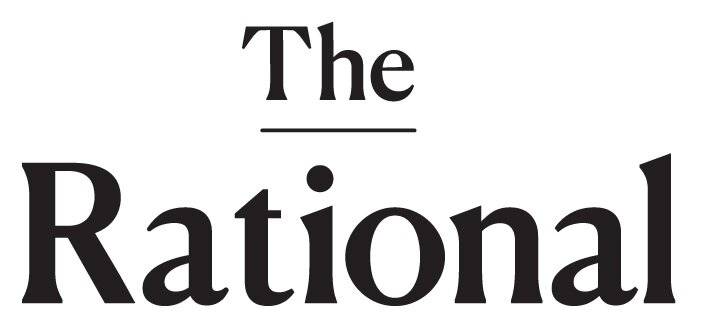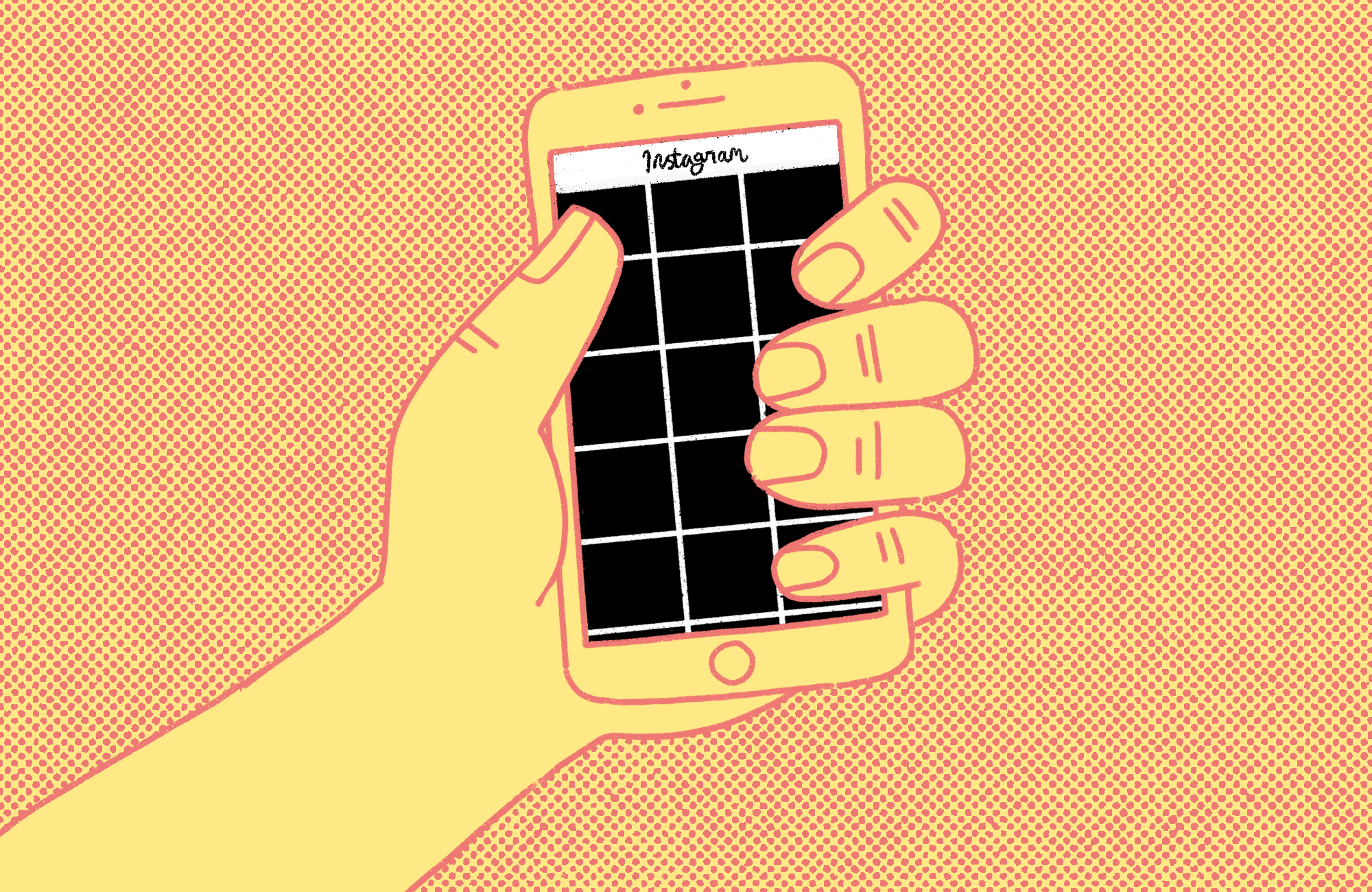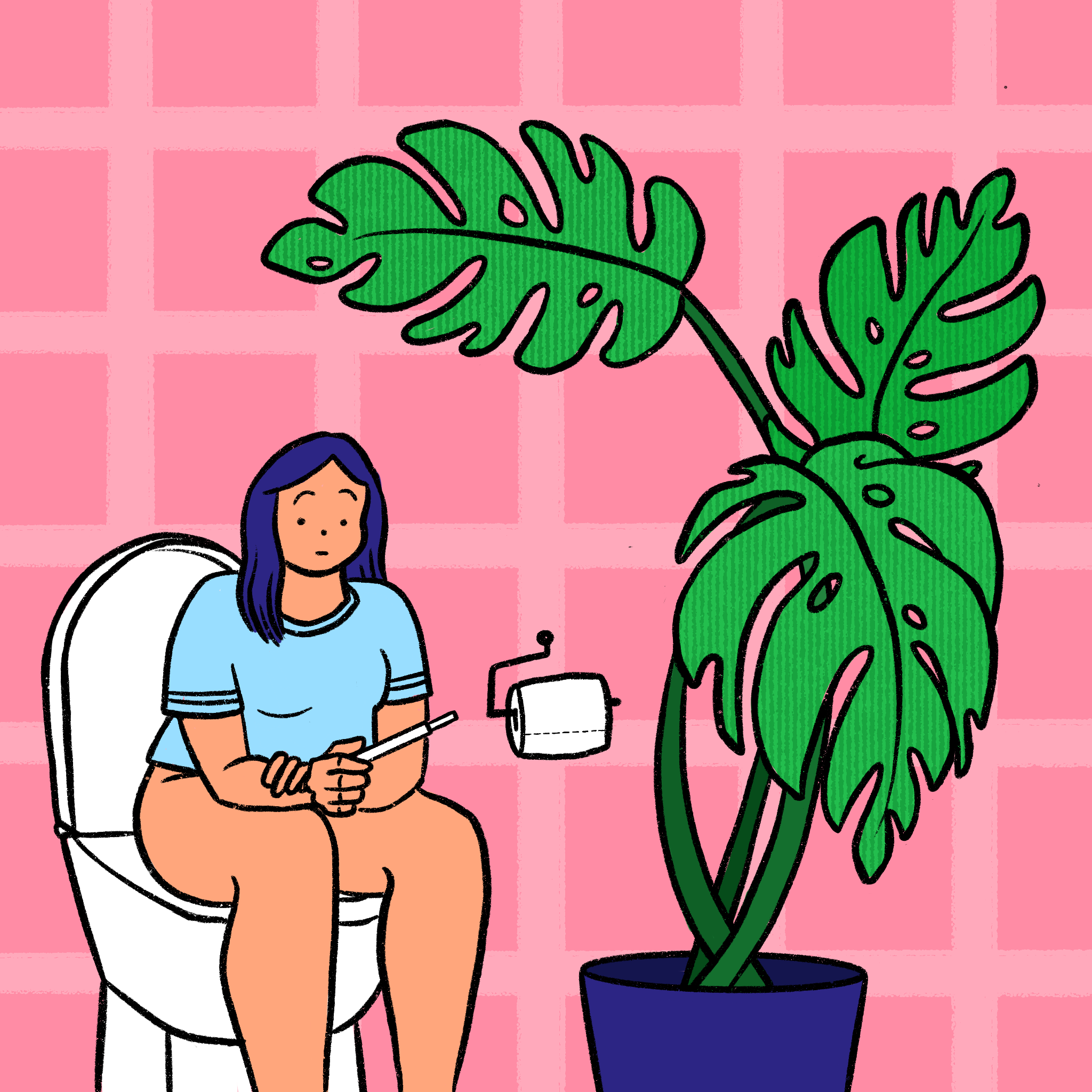Why Your Black Instagram Square Wasn’t Enough
It’s time to go beyond performative allyship, and ally yourself with the cause.
Illustration by Ally Hart
Remember June? It was only about five months ago that black squares polka-dotted across timelines, when allies chose to be silent when the call was to speak out. It was right around when corporations and politicians made their diversity commitments. They waited more than 60 days after police murdered Breonna Taylor, and more than 90 after they murdered Ahmaud Arbery. We are now months into nationwide protests and few companies have made meaningful movement on those promises. Black Lives Matter signs have been quietly put away. Protest coverage has all but ceased.
And yet. The police have not stopped killing Black people. The gap between justice and the law is more glaring than ever. The time to show off allyship may have passed, but the time to ally yourself with us is now.
In the last few months, people proved how easy it is to perform allyship through social media posts, safely ensconced in your quarantine setup. It is no big deal to “be an ally” when you are surrounded only by people who think like you, an echo chamber where you can call yourself an ally but do not have to actually be one. It is easy to be an ally when everyone around you thinks like you or looks like you and you do not have to think about race every step of the way. It is easier to be not racist than to be what Ibram X. Kendi describes as anti-racist.
Roxane Gay is right to prickle at the word ally — in 2016, but has anything changed? — for its passivity. We’re surrounded by performative allies at every turn. Instead, we are asking for ally, the verb. Unite or form a connection with me. Form or enter into an alliance with me.
Take Amy Cooper, for example. Remember her? Self-proclaimed liberal who called the police twice on a Black man “threatening her life.” She probably would be marching with us if she hadn’t put Christian Cooper’s life at risk with her thoughtless racism. Maybe she is marching now, with dark glasses and a hat. She considered herself progressive, and so do the people out there, marching.
“I’m not a racist,” she said in her apology. “And you know words are just words.” This is true. Her words were just words. They are all just words: African American, cops, I’m sorry. Just words that mean nothing — unless you put actions with them.
Too often, people are so concerned with not being “a racist” that they forget to address how their actions are racist. The noun becomes more dangerous than the adjective. They feel a need to push away from being a racist: the description is jarring, and it raises the hackles. Usually when we describe an action as racist, the listener does not hear that you are calling it by the adjective, just one piece in a system. A piece? We can save you. The system? We don’t want to.
Amy Cooper said she “would never have imagined that [she] would be involved in the type of incident that occurred with Chris.” And yet there she was, calling the police and threatening a life. The “type of incident” she created is a racist one. It is a part of a system that places Black lives at the bottom because you inherently believe that your own life is better, worth more.
Amy Cooper never thought she would be involved in that type of incident because she never thought she was racist. But racism is more than the KKK and Donald Trump, though they are certainly busy actors. Racism is the devaluing of another’s life or lived experience because it makes you uncomfortable. It is the inherent belief that a white person’s life is worth more than another person’s and, often, especially a Black person’s. In the end, racism is devaluing another’s life because… just because.
“To be an ally today is hip. Too often, it seems, people have looked at the syllabus but haven’t done the reading.”
For too many, the need to be seen as an ally is more important than doing the work to actually be one. My phone sometimes corrects “allyship” to “ally’s hip.” It’s true, right? To be an ally today is hip. Too often, it seems, people have looked at the syllabus but haven’t done the reading. They have found the buzzwords (find them in this paragraph) but are not willing to do more than pay them lip service.
The one cis white man in my new hires group at work is one such example. Let’s call him Drew. After the diversity presentation of our new hire orientation, Drew texted the GroupMe that he knows he is the only white man in the program, but that he is still learning so if he ever needs to learn something, please tell him. It’s not our job to educate him, but please point out his blind spots. Over half of us liked it. I didn’t.
You see, it was this same group of people who had chosen to not ally themselves with me just the night before, at a work trivia event. An event where the white women hosting proudly announced that a portion of the proceeds would be donated to a local BIPOC-led community organization. All night, we answered questions about straight cis white men — U2, South Park, Ron Howard — until a question about Uncle Ben came up. I made a comment to a few current employees who thought it was strange. They did nothing.
For hours after, I could think of little else. I texted the new hires on GroupMe: “Can anyone else not stop thinking about how the only Black people in that game were Will Smith twice and UNCLE BEN?” Only 45 minutes later did Drew respond that he found it “surprising.”
No one wanted to ally themselves with a mixed Black woman trying to prevent the centering of racist imagery in a game, but I’m supposed to like your message that you’re still learning? I refuse to keep patting people on the back for performing allyship, especially when you are not actually doing anything and I get nothing in return.
I accidentally wrote “allyshit.” Was it Freudian?
To its credit, after I wrote to leadership about the trivia incident, my company pulled their funding from that event company and wrote an apology email. They promised to put systems in place to screen for problems like this in the future, donated money to a racial justice organization, and then some. My company is the exception. My coworkers are the rule.
But none of this is unique. It was in Elmwood, Berkeley — a progressive capital I am told — where W. Kamau Bell, Black comedian and CNN correspondent, was asked to leave an Elmwood café in 2015 for being homeless and “harassing” a white woman — his wife — outside the restaurant where she was eating with a white friend.
I run through Elmwood sometimes, a neighborhood that is 60% white. Every storefront has Black Lives Matter signs in the window. Many residential sidewalks are chalked with block letters that proclaim the same. I think about the young kids growing up in that neighborhood who believe they do not participate in racism, if they even know what racism is. Have their parents talked to them about race? How much do they know they are white, destined to benefit from it?
The restaurant where Bell was asked to leave used to be among all the storefronts with BLM signs. Karmically, it closed three years after the “textbook racist incident” because they never hosted their promised “open conversation” after W. Kamau Bell spoke openly and hilariously about the incident.
Did allies put up their BLM signs after the Bell incident? Or only after protests this year resulted in broken windows and fires? What does it take for people to care and hold businesses accountable? What does it take to make ally a verb?
“I accidentally wrote “allyshit.” Was it Freudian?”
Too often, allyship is a noun. It looks like people announcing loudly how they will take care of Black people at a march when you know very well that they antagonize every person of color in their workplace to the point where every Black person in their network nods when they’re brought up. It looks like someone who writes nice words on Facebook about the Black Lives Matter demonstration they attended, but cannot bother to spell Breonna Taylor’s name correctly. Mere allyship is believing your performance is more important than Black lives.
Nominative allyship is Amazon caring about Black lives and sending push notifications about Black and queer series if you like this tweet, but not paying warehouse workers a living wage and sending home a Whole Foods employee in Berkeley after five minutes for refusing to take off her Black Lives Matter mask.
If you’re going to be an ally, make sure we matter all the time or not at all. We cannot keep looking after you. The work cannot only happen when I am with you, when you can perform it. Perhaps one of the hardest parts of actual allyship is doing some of that work yourself, unbidden, unrewarded. People of color — all the Black women who will save us — do it all the time. No cookies.
True allyship is painstaking work. It is making the fight your own. All of the social media posts, all the expressions of a desire to learn, all the carefully worded statements mean nothing if you play it safe. Playing it safe is the cops. Using your privilege to turn the system against itself is radical.
It is much harder to be an ally when there is a threat. This is when it becomes a verb. It is hard to do the uncomfortable thing and speak up for people who do not look like you, the people you are not friends with, the people who think about how they look every day. To do. To act. To try. To put yourself last. To feel vulnerable. To put others first, before you in line.
“True allyship is painstaking work. It is making the fight your own. Using your privilege to turn the system against itself is radical.”
It is like when you turn the lights off and feel your way through your bedroom. You know where things are, how they work, but they feel different. The sensation is new. It is scary.
It’s scary for us, too. To believe you mean it. To know you are trying and that you will stay alongside us — even when you learn you are doing something wrong. To know you will not make our struggle about your own. Even though we are all in this together.
When I graduated from eighth grade, we had quotations under our yearbook pictures. It was silly and indulgent but fun. The only one I can remember (not my own) is “Don’t just do something. Stand there.”
Stand with us. Stay. Not in solidarity, but because this is your fight, your life, too.














